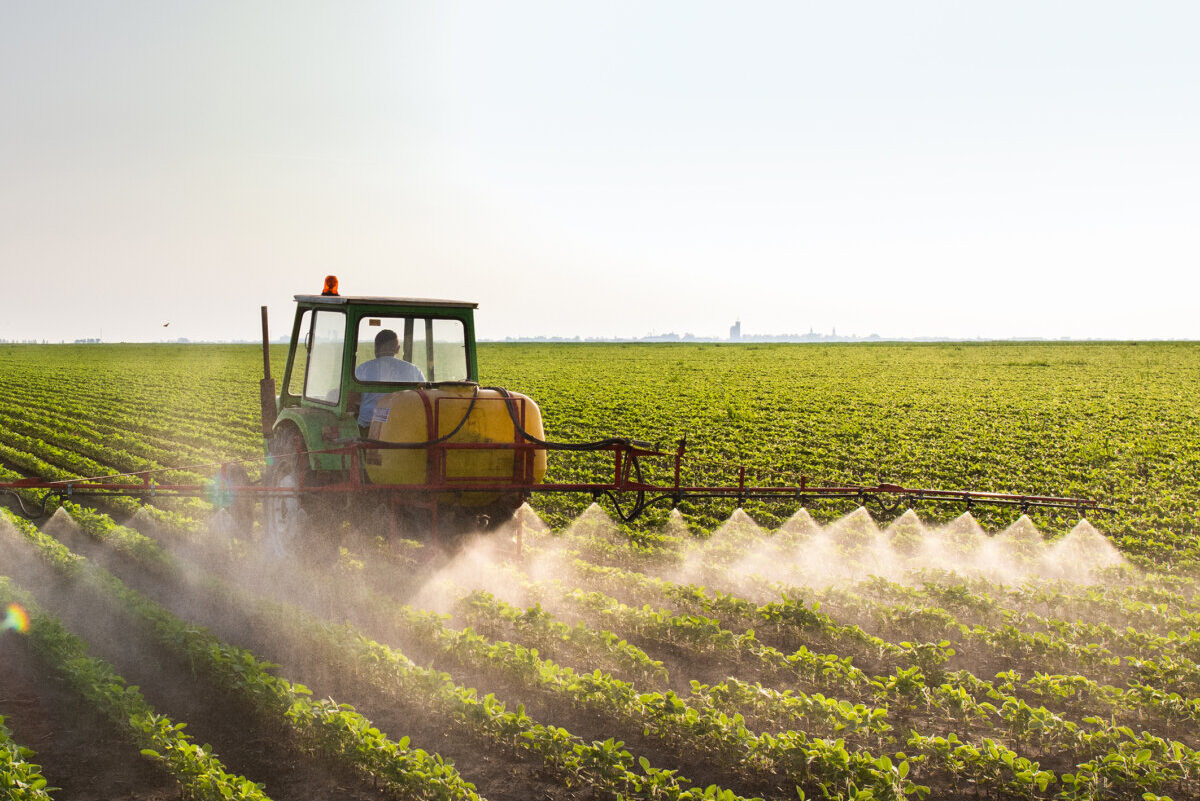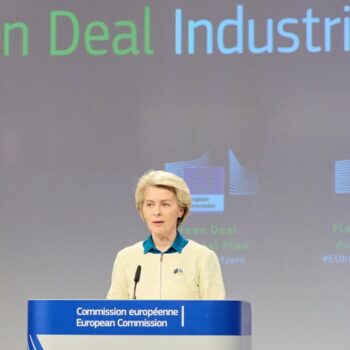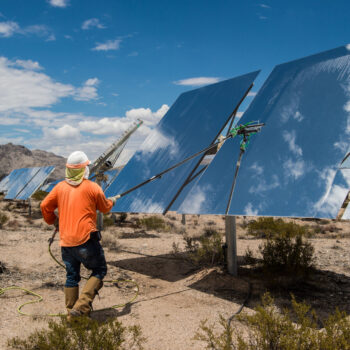The latest Intergovernmental Panel on Climate Change’s scientific reports underscore how critical a just transition to sustainable agriculture is to limiting global warming to 1.5 degrees and building a resilient global food system. 2021 proved to be a turning point, raising the profile of agriculture, land use and food systems in international fora. 2022 must translate this ambition into action, setting out implementation plans for commitments made at COP26 in Glasgow and ensuring political pledges are backed up with the necessary finance for delivery.
Delivery of these commitments is now critical. The Russian invasion of Ukraine and emerging food crisis, escalating climate impacts, and shifting geopolitical landscape all exacerbate an already broken global food and agriculture system. These compounding crises make clear the need to invest in resilient food systems.
With the leadership roles they’ve taken on, the EU and Member States have the potential to drive global implementation and accelerate support for agricultural adaptation to countries grappling with food supply and price squeezes. The German Government should use the remainder of its G7 Presidency to demonstrate how the Global Food Security Alliance proposed by the Federal Ministry for Economic and Development Cooperation will:
- Coordinate the response of the G7 to the emerging food crisis, stating how this initiative will engage, for example, the Food and Agriculture Resilience Mission (FARM) tabled by the French government.
- Complement, and build on, existing frameworks and initiatives, namely the multilateral financing instrument founded by the G20 in 2010 in response to the last global food crisis, the Global Agriculture and Food Security Programme.
- Ensure that long-term support for a just transition to sustainable and resilient agriculture and food systems is given equal weight alongside short-term, humanitarian response to the food crisis.
COP27 in Sharm el-Sheikh will be a significant moment in 2022 to ensure short-term efforts to address the emerging global food crisis do not undermine long-term mitigation and adaptation goals in the sector. Sharm el-Sheikh is also a high-profile moment to centre attention on the needs of African smallholder farmers, leveraging action within and beyond the UNFCCCKoronivia Joint Work on Agriculture, and pushing forward.
Implementation and delivery of the suite of commitments made in Glasgow, namely:
1. A dedicated Agriculture, Land Use and Food Systems Day at COP27:
- Situating climate and resilience at the heart of the global response to the emerging food crisis, the Egyptian Presidency can elevate discussions on securing affordable food and agricultural livelihoods, particularly in the MENA region.
- Building on progress at COP26, further championing and elevating the voices and experiences of Indigenous Peoples and local communities, farmers’ organisations and civil society from the Global South.
2. Taking stock of delivery on COP26 commitments:
- A global stocktake on progress made by signatories of the Policy Action Agenda and Global Action Agenda that assesses the public support to agriculture repurposed by signatory governments.
- Targeted support packages and delivery plans for implementing commitments made in Glasgow, such as for the Leaders’ Declaration on Forests and Land Use.
- Assessing progress on the Glasgow Breakthrough on Agriculture framework and aligning it with existing initiatives, such as AIM4C and the FACT Dialogue, to make climate-resilient, sustainable agriculture the most attractive and widely adopted option for farmers by 2030.
3. Closing the finance gap for adaptation in agriculture:
- A commitment from public finance providers to repurpose a percentage of their existing ODA spend and catalyse increased public and private investment into agricultural adaptation in the Global South, in recognition of the urgent short-term needs, alongside long-term support for a just transition to sustainable and resilient agriculture and food systems.
- Collaborate with ambitious members of the Champions Group on Adaptation Finance to channel finance towards existing vehicles for agricultural adaptation in Africa. For example, investing in Agricultural Innovation Mission for Climate innovation sprints, particularly those that engage and benefit African farmers and institutions.
- Build support amongst governments and finance providers for a political declaration for innovation for agricultural adaptation in Africa shaped by the needs and priorities identified by partner government and research organisations in Africa, delivered primarily in the form of multilateral and bilateral grants.
2021 set the table for concrete climate action on food, agriculture, and land use systems. 2022 must deliver the goods.


